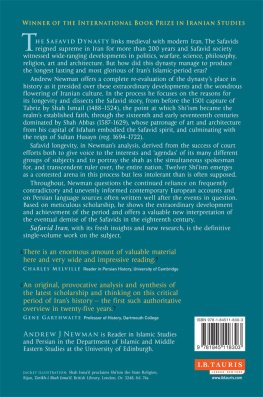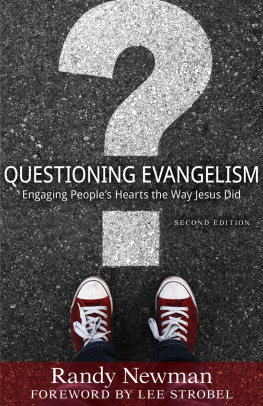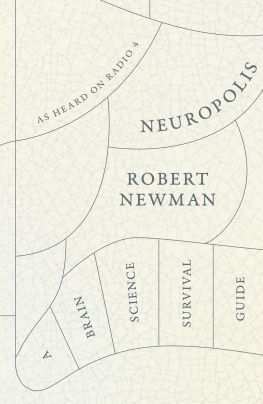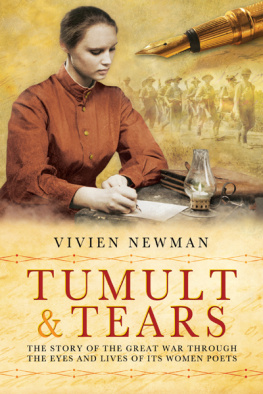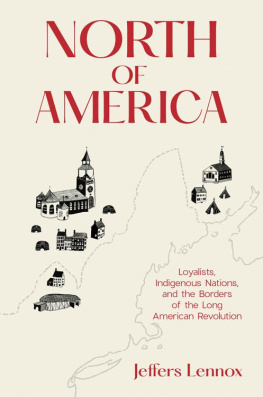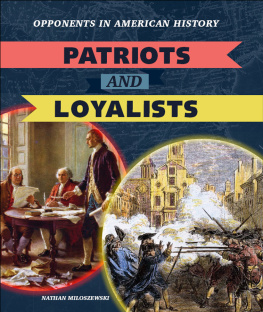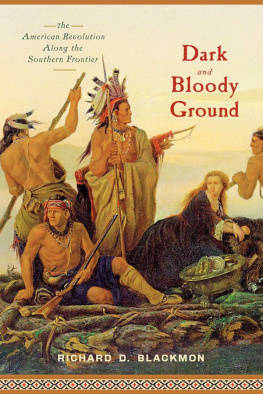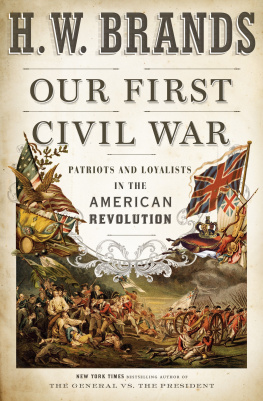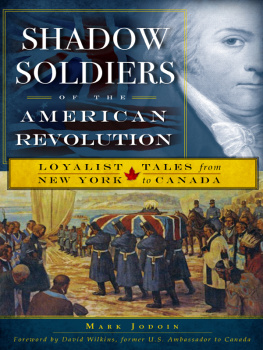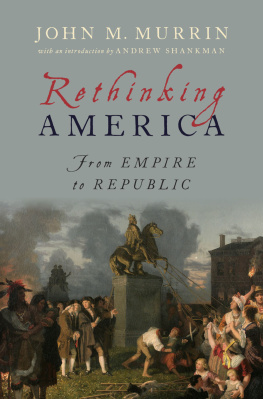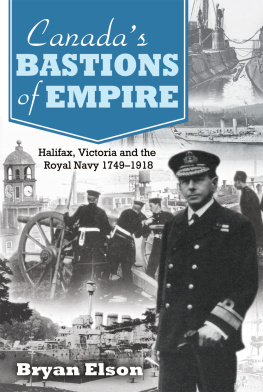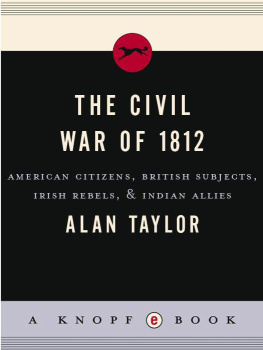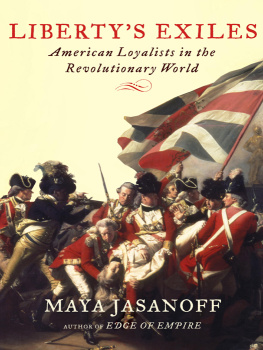ALSO BY PETER C. NEWMAN
When the Gods Changed: The Death of Liberal Canada
Izzy: The Passionate Life and Turbulent Times of Izzy Asper, Canadas Media Mogul
The Secret Mulroney Tapes: Unguarded Confessions of a Prime Minister
Here Be Dragons: Telling Tales of People, Passion and Power
The Canadian Establishment, Volume Three: Titans
Merchant Princes: Volume 3 of the Unauthorized History of the Hudsons Bay Company
Canada: The Great Lone Land
Caesars of the Wilderness: Volume 2 of the Unauthorized History of the Hudsons Bay Company
Company of Adventurers: Volume 1 of the Unauthorized History of the Hudsons Bay Company
The Establishment Man: Conrad Black, a Portrait of Power
The Canadian Establishment, Volume Two: The Acquisitors
The Canadian Establishment, Volume One: The Old Order
Home Country: People, Places, and Power Politics
Their Turn to Curtsy, Your Turn to Bow
The Distemper of Our Times: Canadian Politics in Transition
Renegade in Power: The Diefenbaker Years
Flame of Power: Intimate Politics of Canadas Greatest Businessmen

Simon & Schuster Canada
A Division of Simon & Schuster, Inc.
166 King Street East, Suite 300
Toronto, OntarioM5A 1J3
www.SimonandSchuster.ca
Copyright 2016 by Dragonmaster Productions Limited
All rights reserved, including the right to reproduce this book or portions thereof in any form whatsoever. For information address Simon & Schuster Canada Subsidiary Rights Department, 166 King Street East, Suite 300, Toronto, Ontario, M5A 1J3, Canada.
When I Went Up to Rosedale. From The Gods by Dennis Lee (McClelland & Stewart, 1979). Copyright 1979 Dennis Lee. With permission of the author.
This Simon & Schuster Canada edition November 2016
SIMON & SCHUSTER CANADA and colophon are registered trademarks of Simon & Schuster, Inc.
For information about special discounts for bulk purchases, please contact Simon & Schuster Special Sales at 1-800-268-3216 or .
Cover Image: Cold Comfort by Charles Pachter
Library and Archives Canada Cataloguing in Publication
Newman, Peter C., author
Hostages to fortune: the United Empire Loyalists and the making of Canada / Peter C. Newman.
Issued in print and electronic formats.
ISBN 978-1-4516-8609-8 (hardback).ISBN 978-1-4516-8615-9 (html)
1. United Empire loyalistsHistory. 2. CanadaHistory17631867. I. Title.
FC426.N48 2016971.02'8C2016-901488-6
C2016-901489-4
ISBN 978-1-4516-8609-8
ISBN 978-1-4516-8615-9 (ebook)
The one contributor to this book who trumped all others was my precious wife, Alvy. We met twenty years ago and our lives spilled into each other as we revelled in the mix. For fairy tales to work, one must believe in them. This one took us by storm. Instead of remaining the eternal pest with a notebook, I joined life and tried to become a menschall for the love of Alvy. It was the American author and poet Willa Cather who so memorably described the process of never-ending love: One cannot divine or forecast the conditions that will make for happinessone only stumbles into them by chance, in a lucky hour at worlds end. As I did.

CONTENTS

N ORTH A MERICA 1776

W AR OF 1812
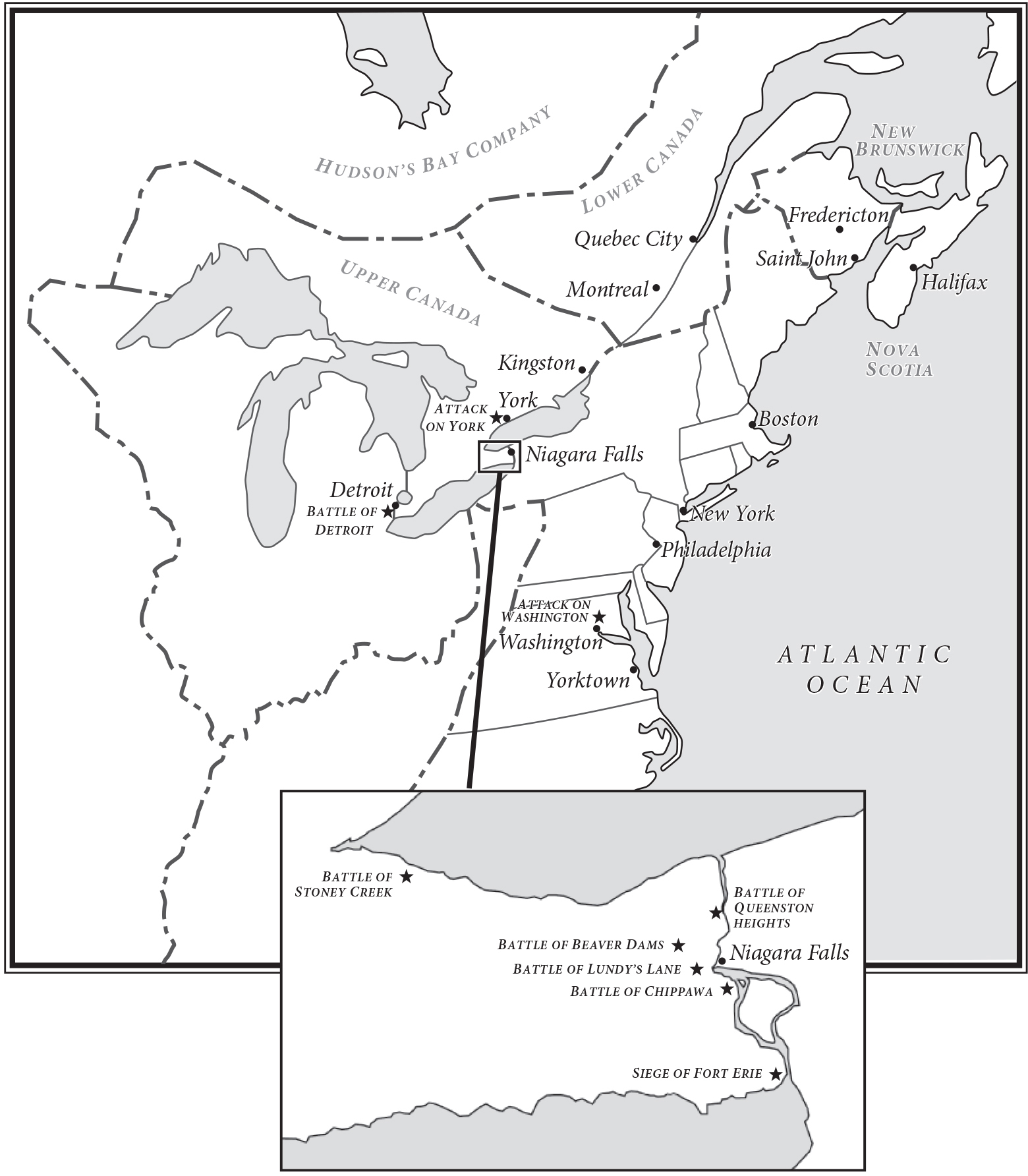
INVOCATION

T HEY CAME because there was nowhere else to go. They came because they were being offered virgin soil, hungering for crops. They came to reclaim the marrow of their lives. They came to exercise their rage for life. They came to adopt a new home country so untried and unsung it didnt even have a namebut sight unseen, it had agreed to adopt them. They were offered heavens most precious gift: a second chance. Their exodus had created the backbone of a new northern nation, bigger and bolder than their dreams, that became their sanctuary. They called it Canada.
PROLOGUE

No smear of their sweat or echo of their prayers reaches out to us, yet in their time the Loyalists gave substance to the unformed notion of Canada and the even less likely ideal that British North America could spawn a distinct and lasting new nationality in the free-range wilderness on the frigid side of the 49th parallel.
A LAND FULL OF WONDERS , Canadas future domicile was the globes second largest landmass, colonized first by fishermen from the west of England landing in forbidding coves of Newfoundland, and then by New France colonists clustered in primitive huts along the riverbanks of the mighty St. Lawrence. That led to the frowning ridges of the Canadian Shield, marching northward into the silent eternities of Arctic solitude.
In mid-continent, the brooding forests stood as tall as the sailing ships masts they would become, leaving behind rotting stumps that strained the pioneers backs as they turned foraged meadows into farms. At the same time, the western plains beckoned to explorers, pulled across the continent by the assurance that beyond the next valley they would gain access to the spices of the Orient, and if not, then the valley after that. Instead, they encountered beavers whose waterproof fur could profitably be turned into hats. By habit, the furry rodents were not nomadic, so when a stream or lake was fished out, the fur traders had to keep moving ever westward for more pelts. And that was how so much of Canada was first explored and later settled.
By exercising their Darwinian adaptability to its limits, the Loyalists established a frontier society that operated according to British Canadas founding catechisms. Neither elitist nor servile, their motivating intent was to claim residency, but more as free agents than bonded citizens. The Loyalists moved from their original hovels into log cabins that coalesced into huddles of villages and aspiring counties. It was not a conquest in any manner except one: the feeling of empowerment triggered by the newcomers revived sense of possessionminor as it was. Still, the land under their blistered feet belonged to them now, and that felt like a daily miracle.
They gradually prospered enough to lead decent lives. But it was never easy. Regardless of their formal religions, the first generation of Loyalists shared the inner loneliness of being stranded in unfamiliar landscapes, never certain whether they still enjoyed Gods good graces. Salvation was always in doubt, something to be earned by the courage of each early morning.
They joined a loose collection of hard-bitten settlers in a sophomoric land, largely occupied by unwilling exilesfeeling as though they were the last to fill a lifeboat that might or might not float. They occasionally cursed their fate, but accepted it. If the Loyalist exile was the end of one saga, it was also the beginning of another, wrote Will Ferguson, the prize-winning author who defined Canadians as Americans with manners. According to Ferguson, The Loyalists discovery of Canada proved that it was not simply a wilderness; it was the Land of Second Chances. No longer squatters, the newcomers were still outcasts, but eventually they became wardens of the new nations barely mapped potential. The pioneer families learned to treasure small, private epiphanies, getting in touch with the freshly tilled earth, the tangles of this new lands conflicting moods, and the vicissitudes of its weathersall sensations that provided a rough-hewn, welcoming domicile.


